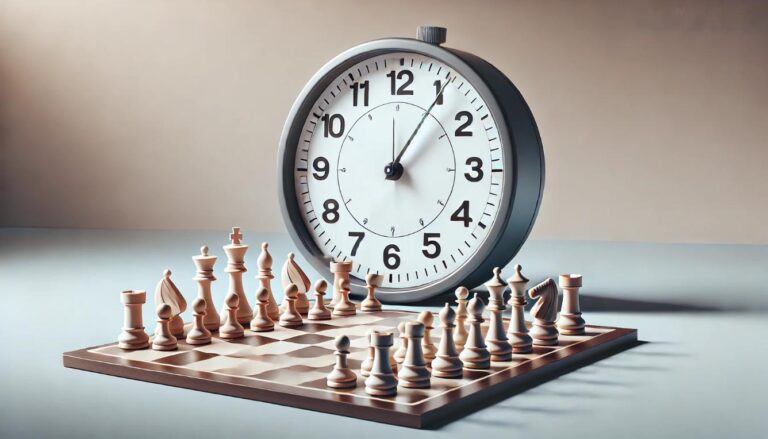Section 1: Understanding fear of failure in chess
Chess is a game that requires intense focus, strategic thinking, and a willingness to take calculated risks. As with any competitive activity, there is always the possibility of failure. In fact, it is quite common for chess players to experience fear of failure, particularly when playing in important tournaments or against formidable opponents. This fear of failure can be a major obstacle for chess players, hindering their performance and enjoyment of the game.
Another contributing factor to fear of failure in chess is the perfectionist mindset that is often associated with the game. Many players strive for flawless performances and can become overly critical of their mistakes. This self-imposed pressure and desire for perfection can create a paralyzing fear of failure, as any mistake or loss is seen as a personal failure.
Section 2: Manifestations of fear of failure in chess
The fear of failure can manifest itself in various ways in chess. One common manifestation is the fear of making a mistake or blunder on the board. This can cause a player to become overly cautious and hesitant in their movements, ultimately hindering their gameplay and potentially leading to further errors.
Another less noticeable but equally detrimental manifestation of fear of failure is self-sabotage. Some players may subconsciously engage in behaviors such as procrastination or avoiding practice sessions, which can ultimately sabotage their chances of success. This self-sabotaging behavior is often driven by a fear of facing failure and disappointment.
Section 3: Effects of fear of failure on chess players
The fear of failure can have a significant impact on chess players, both mentally and emotionally. One of the most common effects is a decrease in confidence. When players fear failure, they may doubt their abilities and constantly second-guess their decisions on the board. This lack of confidence can lead to a downward spiral, as the player may become even more fearful and hesitant, resulting in poorer performances.
In extreme cases, the fear of failure can also lead to burnout or quitting the game altogether. The constant pressure and anxiety associated with the fear of failure can take a toll on a player´s mental health, causing them to lose interest in the game or develop negative associations with it.
Section 4: Overcoming fear of failure in chess
The fear of failure is a common yet detrimental obstacle that many chess players face. However, it is important to remember that failure is a natural part of the learning process and should not be feared but rather embraced. Here are some strategies to help overcome the fear of failure in chess:
Rather than viewing mistakes or losses as personal failures, try to reframe them as opportunities to learn and improve. Even the greatest chess players make mistakes, and it is these mistakes that help them grow and become better players.
Setting unrealistic goals can create unnecessary pressure and increase the fear of failure. Instead, set achievable goals for yourself and focus on the process rather than the outcome. This will help shift your mindset from fear to growth and improvement.
To overcome the fear of failure, it is essential to embrace the possibility of failure and take risks. Be willing to try new strategies and moves, even if there is a chance they may fail. In doing so, you may discover new techniques and improve your skills.
Mindfulness techniques, such as deep breathing and mental visualization, can help reduce anxiety and improve focus. Incorporating mindfulness into your chess practice and competitions can help you stay calm and focused, rather than letting fear take over.
Section 5: Conclusion
The fear of failure is a common but detrimental obstacle that many chess players face. It can manifest itself in various ways and have significant effects on a player´s confidence, motivation, and enjoyment of the game. However, by reframing failure, setting realistic goals, and embracing risks, chess players can overcome the fear of failure and instead use it as a tool for growth and improvement. With practice, determination, and a positive mindset, players can overcome this fear and fully enjoy the challenging and rewarding game of chess.


